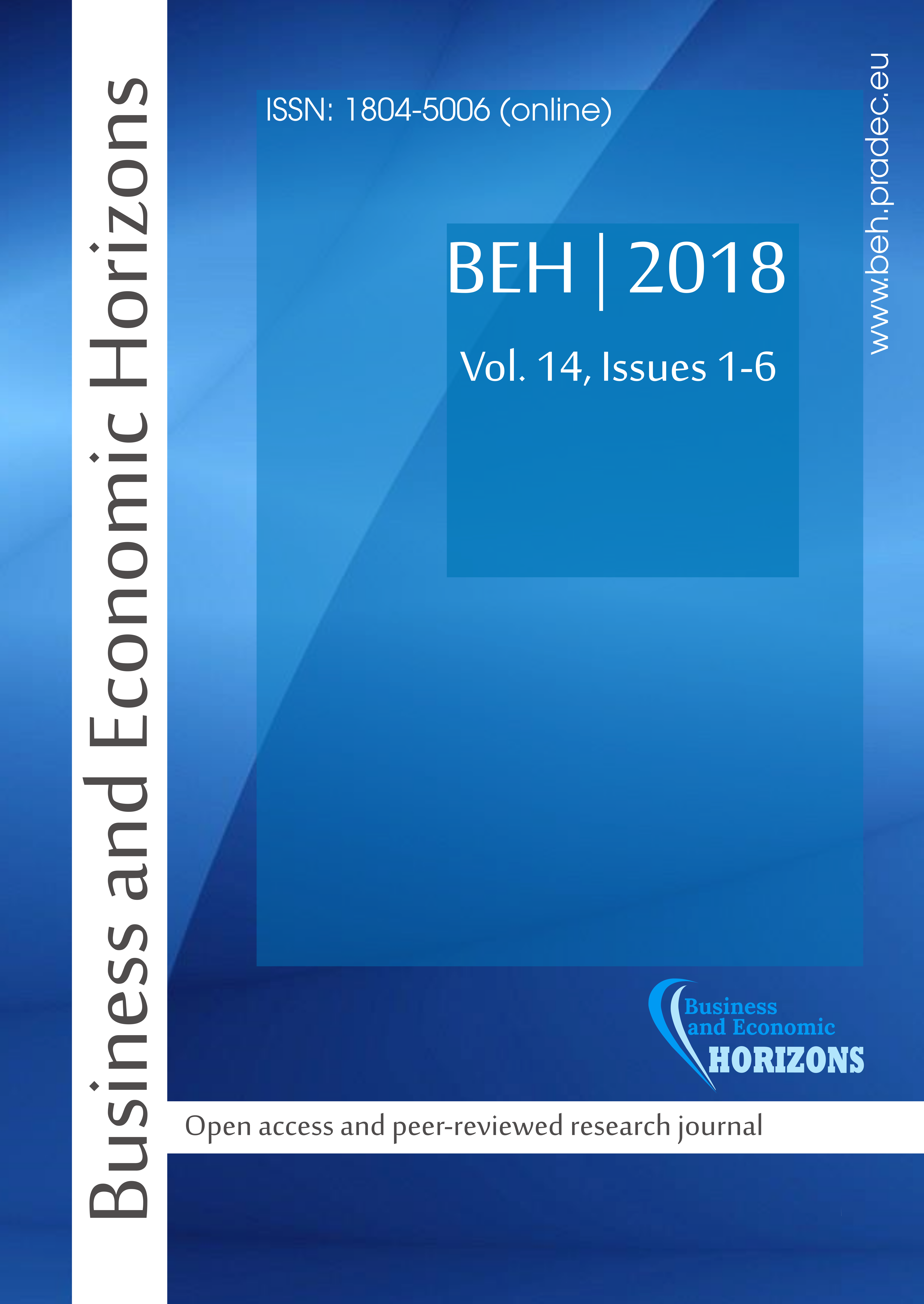The impact of government consumption on the private expenditures in developing country: the case of Indonesia
The impact of government consumption on the private expenditures in developing country: the case of Indonesia
Author(s): Haryo KuncoroSubject(s): Economy
Published by: Prague Development Center
Keywords: Government expenditure; private expenditures; crowding-out effect; price elasticity; income elasticity
Summary/Abstract: The relationship between government actions and private reactions is an important subject of continuing discussion in fiscal policy. This paper provides empirical evidence on the impact of government consumption on private expenditures in the case of Indonesia over the period of 1990–2012. We use Almost Ideal Demand System (AIDS) model to analyze the quarterly data of household consumption, investment, government spending, and import in compliance with the national income product based on expenditure approach. The results confirm that the government expenditure crowds-out household consumption. In contrast, it crowds-in firm investment and import. The elasticity of government expenditure with respect to income is the lowest while that of investment is the highest. Those findings suggest that the public sector is decreasing in relative importance gradually taken over by private sector to promote economic growth. As the economy grows, the economic policies of governments should have a tendency to more heavily focus on economic stabilization especially in relation to external imbalance induced by tendency of increase in import.
Journal: Business and Economic Horizons
- Issue Year: 14/2018
- Issue No: 1
- Page Range: 1-16
- Page Count: 16
- Language: English

